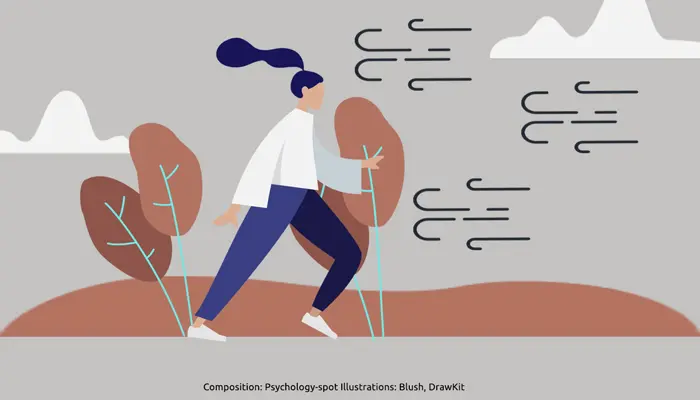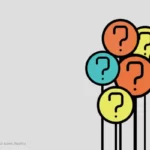
“A long time ago, an explorer went to the most inhospitable territories of Africa accompanied only by his carriers, all of whom had a machete to open their way through the dense vegetation, and had a single goal in mind: to advance rapidly at any price.
If they met a river, they crossed it in the shortest possible time. If it was a hill, they took the step to not even waste a minute. However, suddenly the carriers stopped abruptly. The explorer was surprised that they had just made a few hours of walking. So he asked:
– Why did you stop there? Are you already tired? We only did a few hours of walking.
One of the carriers looked at him and said,
– No sir, we’re not tired. We simply advanced too fast and that is why we left our soul back. Now we have to wait until it reaches us again.”
This African tale tells us about the need to tune in with ourselves and be patient, not to let the rush with which we live separate us from our “ego”. It also speaks of the need to give ourselves the time necessary for our emotional wounds to heal without compromising our rhythm.
Give yourself the time to heal the wounds
Sometimes life strikes us hard, tests us with situations that surpass our resources. In these cases in our soul remains a wound difficult to heal. All the traumas, even the smallest, leave traces in the brain. And these tracks are different depending on the type of trauma we have suffered.
If instead of taking time to reflect and wait for the wound to heal we go back living intensely, just to forget what happened, we run the risk of separating ourselves from our essence. At a neurological level, this means that the imprint remains latent and affects our behavior, even though we are not always aware of it.
So, when we are injured, we must wait a prudent time to allow our psychological resources get reorganized. The situations that take us to the limit usually require an inner change, but we can only get stronger if we learn the lesson, and it is essential that we look inside us, not out.
In fact, it has been seen that because people who suffer from post-traumatic stress can be healed, it is necessary that new neurons grow in their brain. In theory, this neurogenesis would “repair” the broken or malfunctioning circuits.
So, when you experience a situation that has left deep emotional scars, it is advisable to stop on the way, as carriers of the story, and wait patiently for our “soul” to reach us.
Every wound heals at its own pace, changing it will not allow us to heal faster, on the contrary, it increases the risk that the wound will reopen to the lowest stop, and in this case we will be more vulnerable. Take the time to recover the broken pieces and put them back in their place.
Do not allow hurry to separate you from your “ego”
We do not have to suffer an emotional wound to look inside ourselves. Sometimes the disconnection is caused by the daily rush, because we are involved in projects that consume much of our time and we run from one commitment to another, without dedicating one minute to ourselves. As Seneca said, “Those who run in a labyrinth are confused by their own speed.”
When we are immersed into this lifestyle, we let the current drag us, and run the risk of living with the auto pilot always inserted, separating us from our real desires and needs. Therefore, it is not surprising that many people who purposely pursued a goal when they reach the end of the journey don’t even recognize themselves. They do not realize that it is not so important to achieve the goal, rather than realize the person they have become while persecuting it.
Therefore, it is essential that you tune in with yourself every day, dedicating a few minutes to ask you if you are going in the right direction, if you understand your mistakes, if you keep in mind your needs… This moment of connection is important because it will allow you to reconsider what you really want, not to let yourself be conditioned by automatism or to limited to follow the dreams of others.
Remember that we are here to discover and follow our own path. We can’t find happiness by following the path of others, which will only get us lost.
Sources:
Heim, C. M. et. Al. (2013) Decreased Cortical Representation of Genital Somatosensory Field After Childhood Sexual Abuse. American Journal of Psychiatry; 170(6): 616-623.
Bremner, J. D. (2006) Traumatic stress: effects on the brain. Dialogues Clin Neurosci; 8(4): 445–461.



